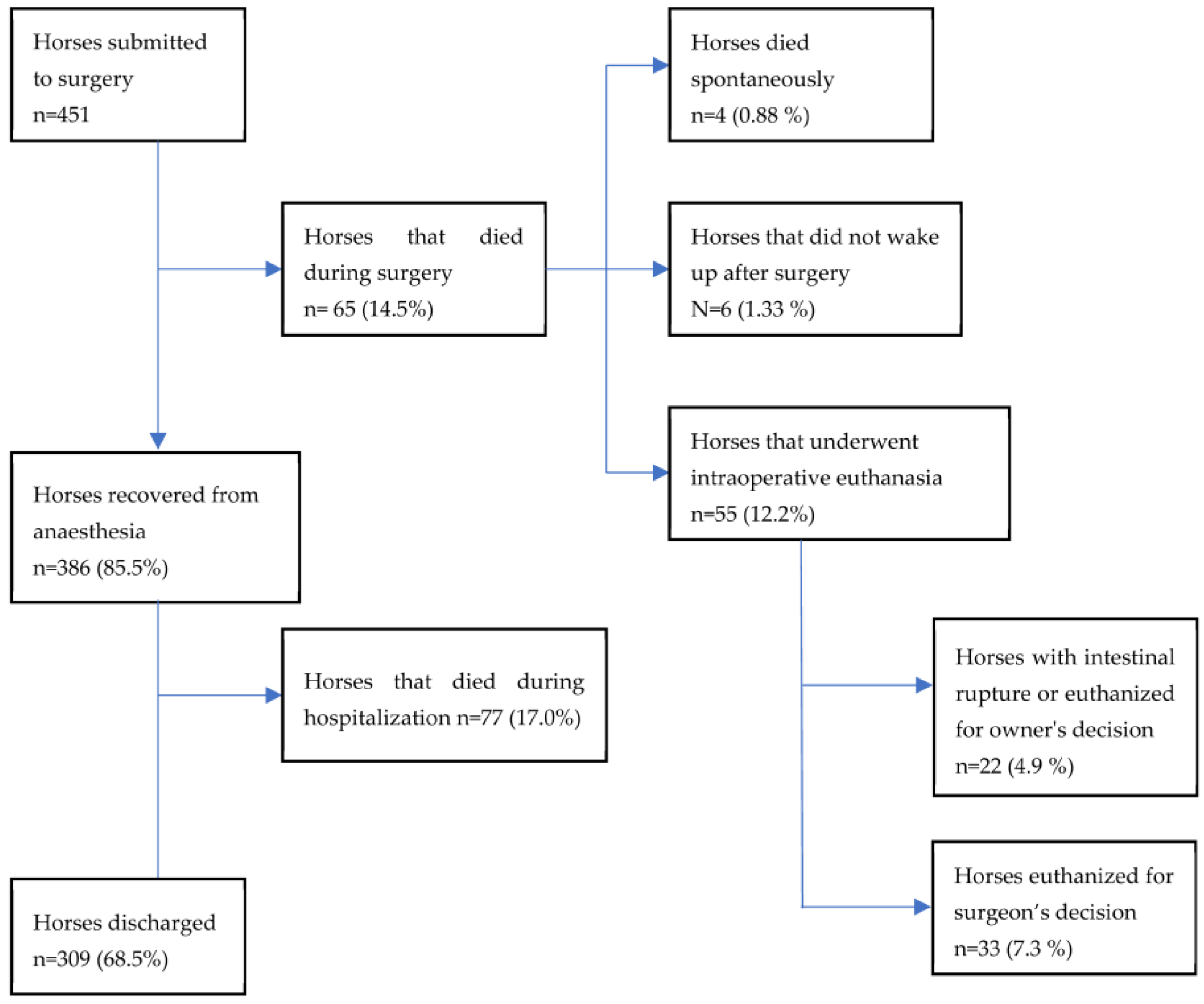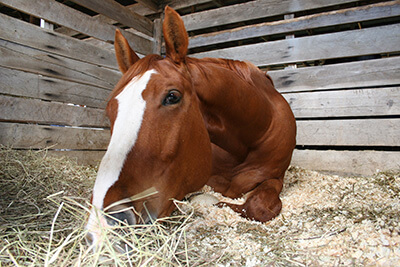Recognizing Colic Types: Medical vs Surgical in Horses

Colic in horses is a common yet potentially life-threatening condition characterized by abdominal pain. Understanding the different types of colic—medical and surgical—is crucial for timely and appropriate treatment. This article explores the distinctions, symptoms, diagnosis, and treatment options for each type, helping horse owners and veterinarians make informed decisions.
What is Colic in Horses?

Colic refers to abdominal pain in horses, which can arise from various gastrointestinal issues. It ranges from mild discomfort to severe, life-threatening conditions requiring immediate intervention.
Types of Colic

| Type | Description | Treatment Approach | Prognosis |
|---|---|---|---|
| Medical Colic | Typically involves non-surgical causes such as gas buildup, spasms, or mild impactions. | Managed with medication, fluids, and rest. | Generally good with prompt treatment. |
| Surgical Colic | Involves severe conditions like intestinal twists, strangulations, or severe impactions that require surgery. | Requires surgical intervention and intensive care. | Variable; depends on severity and timing of surgery. |
Recognizing Medical Colic
Common Causes
- Gas distension
- Mild impactions
- Spasmodic colic
Symptoms
- Intermittent mild to moderate pain
- Pawing, looking at flank
- Reduced appetite
- Normal to slightly elevated vital signs
Diagnosis and Treatment
- Physical examination
- Nasogastric intubation
- Administration of analgesics and fluids
- Monitoring response to treatment
Recognizing Surgical Colic
Common Causes
- Intestinal volvulus or torsion
- Strangulating lipomas
- Severe impactions
Symptoms
- Severe, persistent pain
- Rolling, sweating, rapid breathing
- Elevated heart rate and respiratory rate
- Abnormal mucous membranes
Diagnosis and Treatment
- Thorough physical exam
- Rectal palpation
- Abdominal ultrasound
- Blood work
- Immediate surgical consultation
When to Call the Veterinarian
- Persistent or worsening pain
- Signs of shock or distress
- Lack of response to pain relief
FAQs
Q1: How quickly should I act if my horse shows signs of colic?
A: Immediate veterinary attention is critical, especially if pain is severe or persistent.
Q2: Can all colic cases be treated medically?
A: No, some cases require surgical intervention depending on the cause and severity.
Q3: What are the risks of delaying surgery in surgical colic?
A: Delays can lead to tissue death, sepsis, and increased mortality risk.
Recognizing the type of colic your horse is experiencing can significantly impact the outcome. Early detection and appropriate treatment—whether medical management or surgical intervention—are key to ensuring your horse’s health and recovery.
